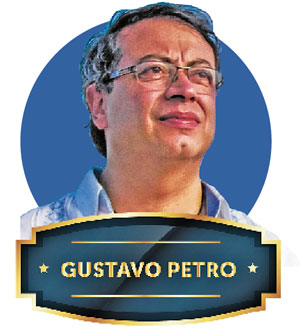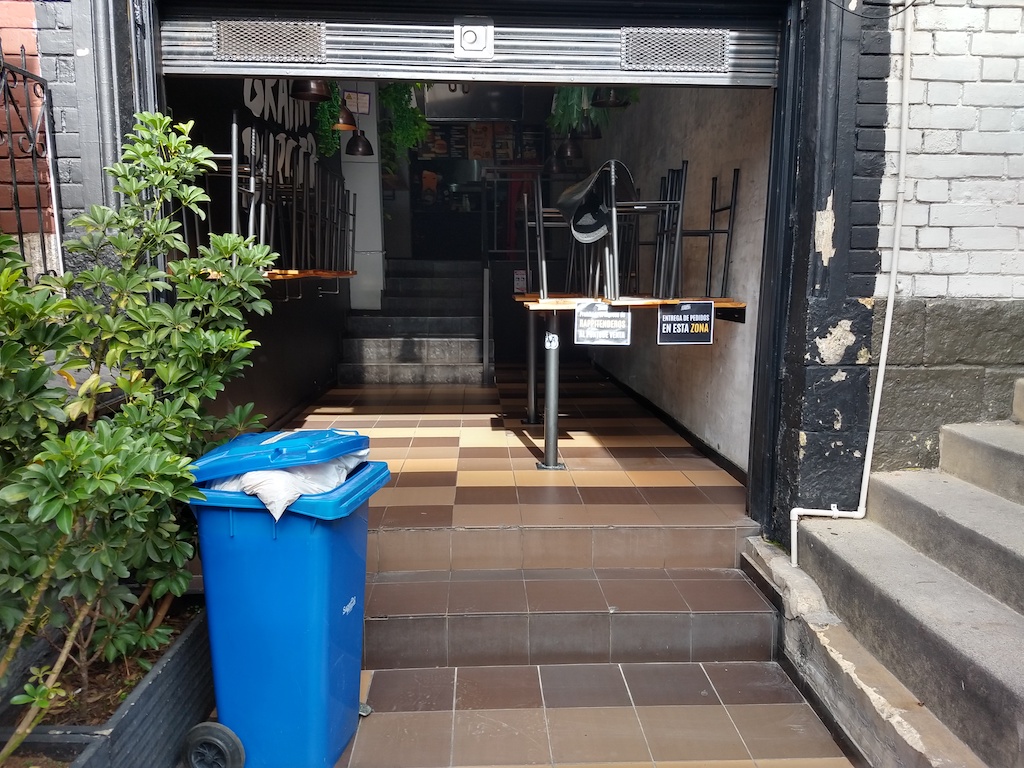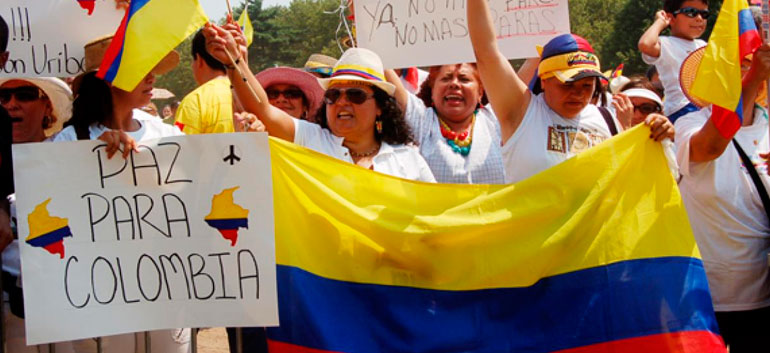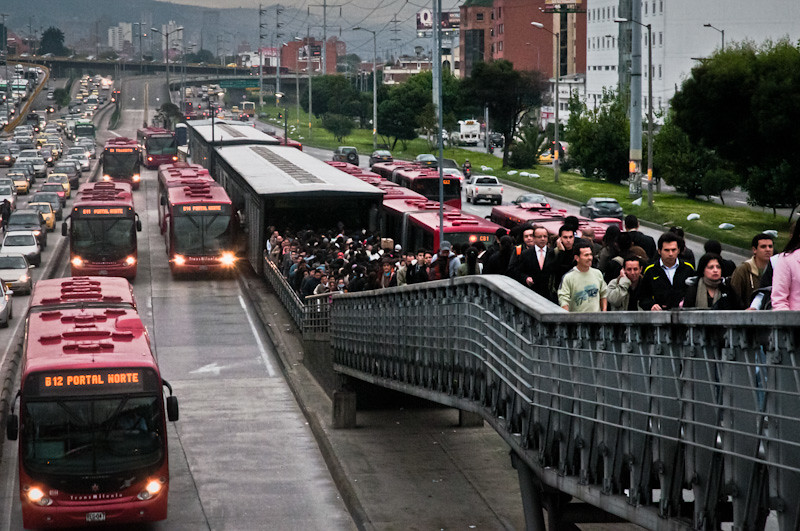 Gustavo Petro
Gustavo Petro
Nomination: Independent (Decentes)
Slogan: Por una Colombia humana
In one word: Change
Who is he?
Bogotá’s former mayor has been the wildcard so far in this campaign. In a country where the left-wing has often been stigmatised, Gustavo Petro’s firebrand, anti-establishment politics have tapped into popular frustrations. Unlike his last presidential campaign in 2010, this time his populist stance has pushed him forward in the polls.
At 58 years old, the former M19 combatant describes himself as a ‘progressive leftist.’ The challenge is that he has not managed to gain much support outside of his base, which would make it difficult to win if he reaches the second round.
What he stands for:
The main thrust of Petro’s policies are broad reforms that aim to strengthen democracy, tackle inequality and address climate change.
Workers rights are important to him and he proposes improving minimum working conditions in both rural and urban zones. He wants to create a popular bank which would give loans to the poorest in society.
He aims to institute land reforms that will bring rural communities out of poverty, alongside tax reforms that focus on aggressively combating high-end evasion and reducing IVA (sales tax).
He seeks to make free healthcare available to all. He will liquidate the unpopular private EPS and ARL schemes and replace them with state-funded systems.
When it comes to peace, he will respect the agreement but is more focussed on building a lasting peace through an equitable and peaceful society.
He wants to base the economy on agriculture and protect nature by stepping away as much as possible from fossil resources. Added to that, he unambiguously rejects fracking and mining expansion.
Find out about the other candidates: |
|||
 |
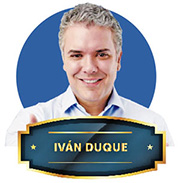 |
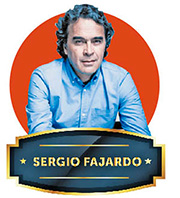 |
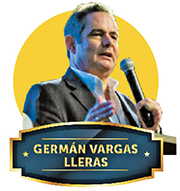 |
| Everything else you need to know about the presidential elections. | |||
His supporters:
Supported by the Decentes coalition, which is made up of five parties, Petro has tapped into a vein of anti-establishment, anti-political sentiment.
Unsurprisingly, he fares well in lower-income barrios, and the bulk of his support comes from economically disadvantaged people who see him as the best hope for changing Colombia and moving away from the traditional power bases that still dominate the country.
He’s drawn huge crowds on the campaign trail, most noticeably on the coast, where he challenges Vargas Lleras, and in rural zones in Boyacá. As a costeño who grew up in Zipaquirá, he speaks to both demographics.
His controversial term as Bogotá mayor is seen as a positive point for his backers, who argue that he achieved a lot in his leadership of the capital. They also claim that he was the victim of political persecution.
His critics:
Aside from a reluctance from parts of the electorate to trust a former M-19 guerrilla, the most common fear is that Petro is somehow going to ‘turn the country into Venezuela.’ His critics say that he used to be an open supporter of Hugo Chavez, and people’s unease about what is happening across the border makes them nervous about his socialist economic proposals.
Described as ‘Wall Street’s least favourite candidate,’ some say that a Petro presidency would scare off foreign investors and be an economic disaster for the country.
Economists argue that his plans to move away from the hydrocarbons that currently represent 2-4% of the country’s GDP are unfeasible, and additionally that there isn’t enough money available to finance his proposals. Another big factor will be his ability to get things done. Not only does he lack a strong constituent in the senate or the congress, but by challenging the country’s elite, Petro has almost guaranteed that his policies will be blocked at every stage.
When he was mayor of Bogotá, he was criticised for an inability to work in teams, a lack of leadership and a lack of planning. He didn’t achieve as much as he wanted to, or promised to.
– By Emma Newbery, Oli Pritchard and Freek Huigen. This article first appeared in edition 54 of The Bogotá Post.

